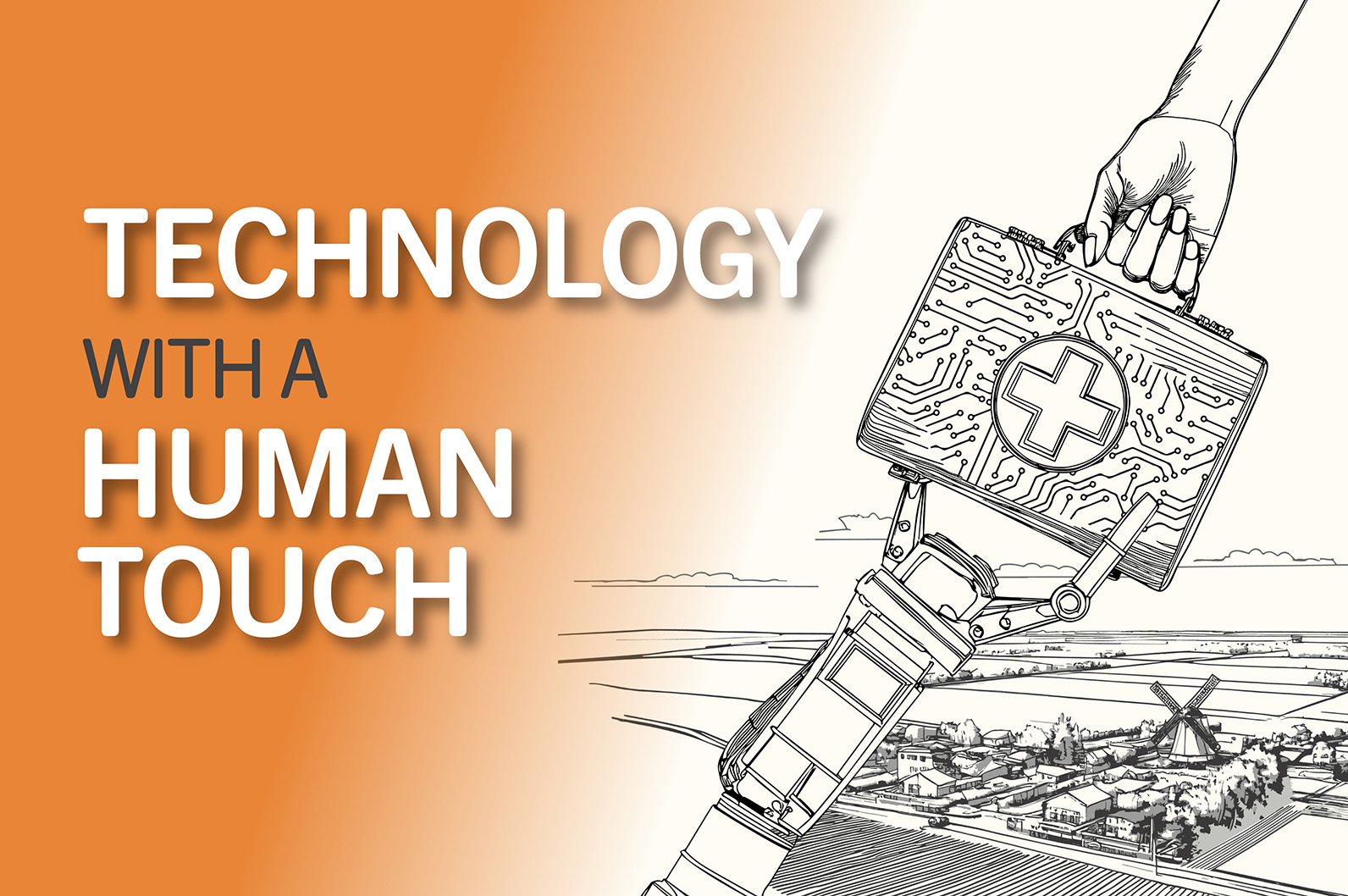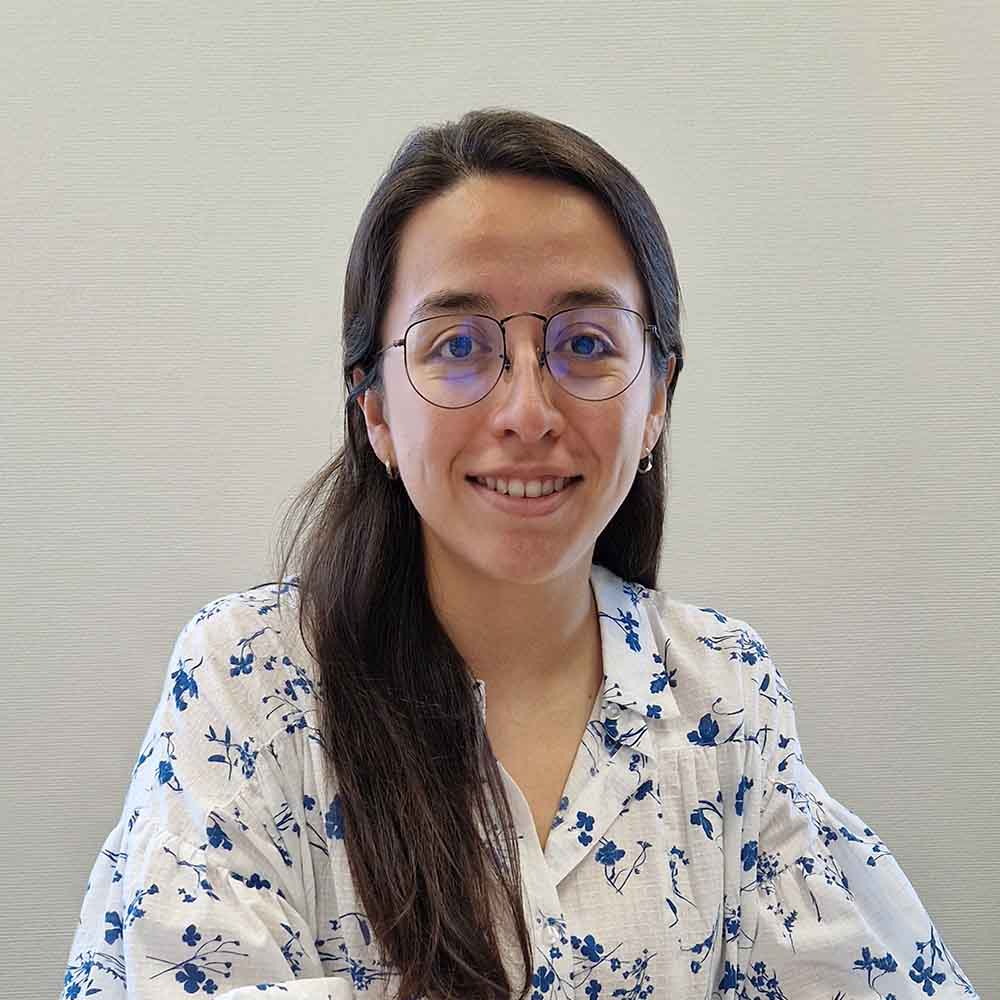
Engineering Solutions for a Better World

Technology has always been a force for progress, but what happens when it is designed not just for efficiency, but for fairness, resilience, and accessibility? Issue #14 of InnovatieNu, titled “Technology with a human touch”, explores this question, showing how advanced manufacturing and engineering innovations are improving humanitarian efforts worldwide. From medical devices and prosthetics to disaster response and water access, this issue highlights how new solutions can serve the most vulnerable communities.
In times of crisis, technology plays an important role in providing relief where it is needed most. In this issue, we look at how 3D printing is changing humanitarian efforts, allowing communities and organisations to quickly produce medical devices, prosthetics, and tools for emergency response. e-NABLE Nederland and MAKERS4ALL show how volunteer-driven additive manufacturing networks are making an impact, delivering thousands of medical support items to underserved regions of Ukraine and Ethiopia.
Beyond individual efforts, the combination of manufacturing and medical care is making a difference in hospitals. The development of 3D-printed implants allows for personalised medical solutions, improving surgical outcomes and recovery times. These technologies demonstrate how engineering can bring about lasting change in healthcare accessibility. Disasters are unpredictable, and when they happen, fast response is key. InnovatieNu issue #14 looks at how robotics, 3D printing, and mobile infrastructure are improving emergency aid in conflict zones and disaster areas. The ability to manufacture prosthetics, medical tools, and even temporary shelters on-site can be lifesaving for affected populations.
At the University of Twente, researchers are developing technologies that integrate seamlessly into daily life, making rehabilitation more accessible. The Freehabilitation project is an example of this approach, using redesigned household objects to support stroke recovery through routine activities. By embedding physiotherapy exercises into everyday tasks, these innovations help patients stay engaged in their at-home rehabilitation. Humanitarian engineering also ensures long-term sustainability. Susteq, a Dutch company, is tackling water scarcity by developing prepaid water ATMs, making sure underserved communities have access to clean drinking water. This technology allows users to pay small amounts for water through mobile systems, reducing waste and promoting fair distribution. By using smart engineering solutions, Susteq is proving that access to clean can be built with sustainable principles. With so many of these activities happening at the University of Twente, it is no surprise that the university is taking the next step by launching a Humanitarian Engineering Master Programme. Starting in September 2025, this programme bridges engineering expertise with social impact, preparing students to develop resilient and sustainable technologies for global challenges, from disaster relief to equitable healthcare.
The programme takes an interdisciplinary approach, combining fields like industrial design, biomedical engineering, and sustainable manufacturing to address problems in water access, renewable energy, and healthcare technology. Students will gain hands-on experience through collaborations with NGOs, companies, and local communities, ensuring that their innovations are useful in real-world settings. By joining this programme, students will not only develop technical skills but also learn how to apply engineering solutions in a socially responsible way. This Master’s provides an excellent opportunity to contribute to meaningful innovation and make a tangible difference in the world.
Learn More about the Master’s in Humanitarian Engineering at the University of Twente. Technology is not just about making things faster or more efficient—it’s about improving lives. Whether through open-source medical devices, rapid-response manufacturing, or sustainable water solutions, innovation has the power to bring hope and resilience to those who need it most.
Read the articles in this issue to learn more about how engineering is shaping a better world .
Contact FIP-AM@UT today to become part of the movement shaping socially responsible technology—where engineering meets humanity and innovation changes lives.

